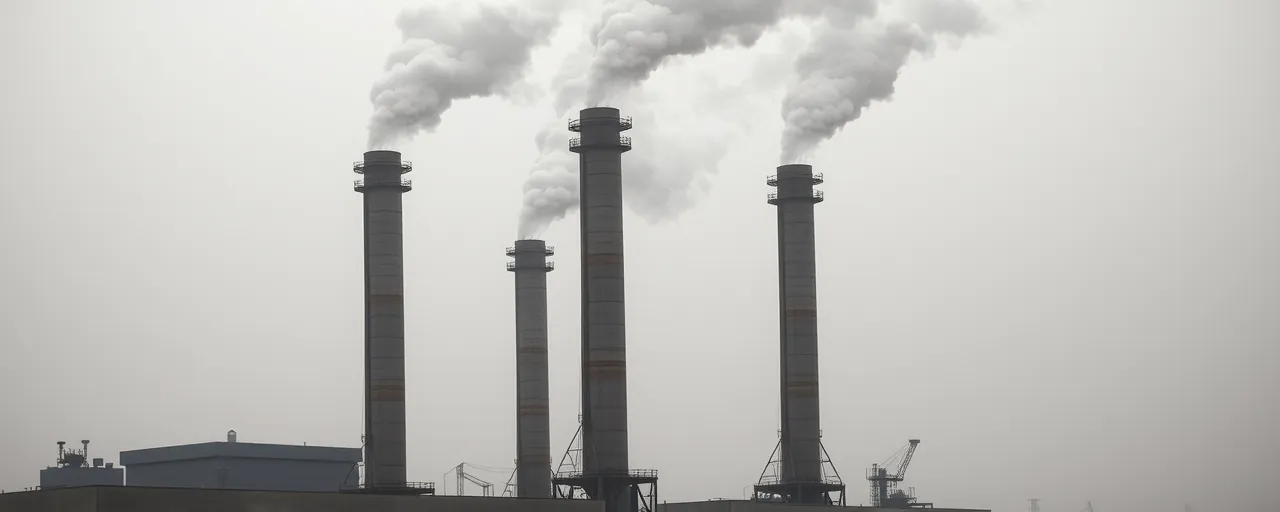A Deal That Sparkles, But at What Price?
In May 2025, the White House celebrated a $1.2 trillion economic agreement with Qatar, heralding a new era of American prosperity. Boeing’s $96 billion aircraft order, Raytheon’s $1 billion counter-drone system, and McDermott’s $8.5 billion energy projects promise thousands of jobs. These deals, the administration claims, revive manufacturing and secure innovation. Yet, a closer look reveals a troubling reality. By prioritizing profit, the United States risks endorsing Qatar’s systemic labor abuses, human rights violations, and environmental recklessness.
For families in Michigan or Pennsylvania, the 154,000 jobs tied to Boeing’s deal offer hope. But how can we champion economic wins while ignoring the exploitation of migrant workers in Qatar? The kafala system traps laborers in inhumane conditions, a fact well-documented by human rights groups. Advocates for global fairness argue that trade agreements must include strict labor protections. This pact, however, glosses over those demands, betraying vulnerable workers and our own principles.
Qatar’s role as a strategic partner, cemented by its Major Non-NATO Ally status in 2022, complicates the picture. Investments like the $18 billion in ExxonMobil’s LNG terminal since 2019 drive U.S. growth. But Qatar’s massive natural gas reserves fuel a fossil fuel boom that clashes with climate imperatives. Are we sacrificing a sustainable future for short-term gains?
The administration touts a ‘Golden Age’ of American leadership. Yet, partnering with a regime that curbs free speech and assembly undermines the democratic values we hold dear. Why should American workers cheer for jobs linked to an autocracy that silences dissent? The promise of prosperity rings hollow when it sidesteps these moral failures.
These deals demand scrutiny. The United States must balance economic ambition with ethical responsibility. What does it say about our priorities if we celebrate wealth while ignoring oppression and environmental harm?
Economic Wins With Ethical Costs
The economic benefits of the Qatar agreements are undeniable. Boeing’s order sustains over a million jobs during production, while Quantinuum’s $1 billion quantum tech partnership with Al Rabban Capital advances cutting-edge research. These gains matter for communities struggling with industrial decline. Yet, the relentless focus on jobs obscures the deeper consequences of aligning with Qatar.
Trade between the United States and Qatar has flourished since the 1990s, with a $2 billion U.S. surplus in 2024. Qatar’s $3.3 billion investments in 2023, spanning tech and energy, created jobs but tied our economy to a nation with persistent labor violations. The deadly conditions faced by migrant workers during Qatar’s 2022 World Cup preparations remain a stain on its record. Why do these deals lack conditions to ensure worker protections?
Defense agreements deepen this troubling bond. Raytheon’s $1 billion counter-drone system and General Atomics’ $2 billion MQ-9B drones, part of Qatar’s $26 billion in U.S. military purchases, secure profits and influence. But they also empower a government that restricts freedoms. Congressional critics, recalling efforts to halt Saudi arms sales after the 2018 Khashoggi killing, urge rigorous oversight of such deals. Shouldn’t Qatar face similar accountability?
The environmental stakes are equally high. Qatar’s natural gas expansion, while supporting U.S. energy infrastructure, drives carbon emissions that threaten global climate goals. Sustainable development advocates warn that unchecked fossil fuel growth undermines international agreements like the Paris Accord. By forging energy deals without environmental safeguards, are we complicit in worsening climate instability?
Proponents argue these agreements counter Iran and strengthen U.S. influence in the Gulf. But this rationale weakens when we consider the damage to our global credibility. Bolstering an autocracy’s military without demanding democratic reforms entrenches oppression, not security. Economic and strategic gains cannot justify ignoring exploitation and environmental harm.
Forging a Principled Path
A forward-thinking trade policy balances prosperity with justice. Economic growth is vital, but it must align with human dignity and environmental care. The 2020 USMCA agreement set a precedent by enforcing labor standards to protect Mexican workers. Why not demand similar reforms from Qatar? Clauses ensuring fair wages, free expression, and reduced emissions could make these deals a catalyst for progress.
Bilateral agreements can uphold ethical priorities. The U.S.-Japan critical minerals pact and the US-UK digital trade deal prove that trade can address labor and sustainability concerns. By embedding human rights and environmental standards, the United States could push Qatar toward reform while preserving economic benefits. Doesn’t true leadership mean setting a higher standard?
Change requires bold action. Policymakers must ensure Qatar’s investments face strict vetting to protect national security and labor rights. Human rights organizations and climate experts should help shape these agreements, ensuring they serve people and the planet. The United States has the power to redefine trade, forging partnerships that uplift workers, safeguard the environment, and advance democracy. Will we rise to that challenge, or settle for deals that glitter but lack substance?
